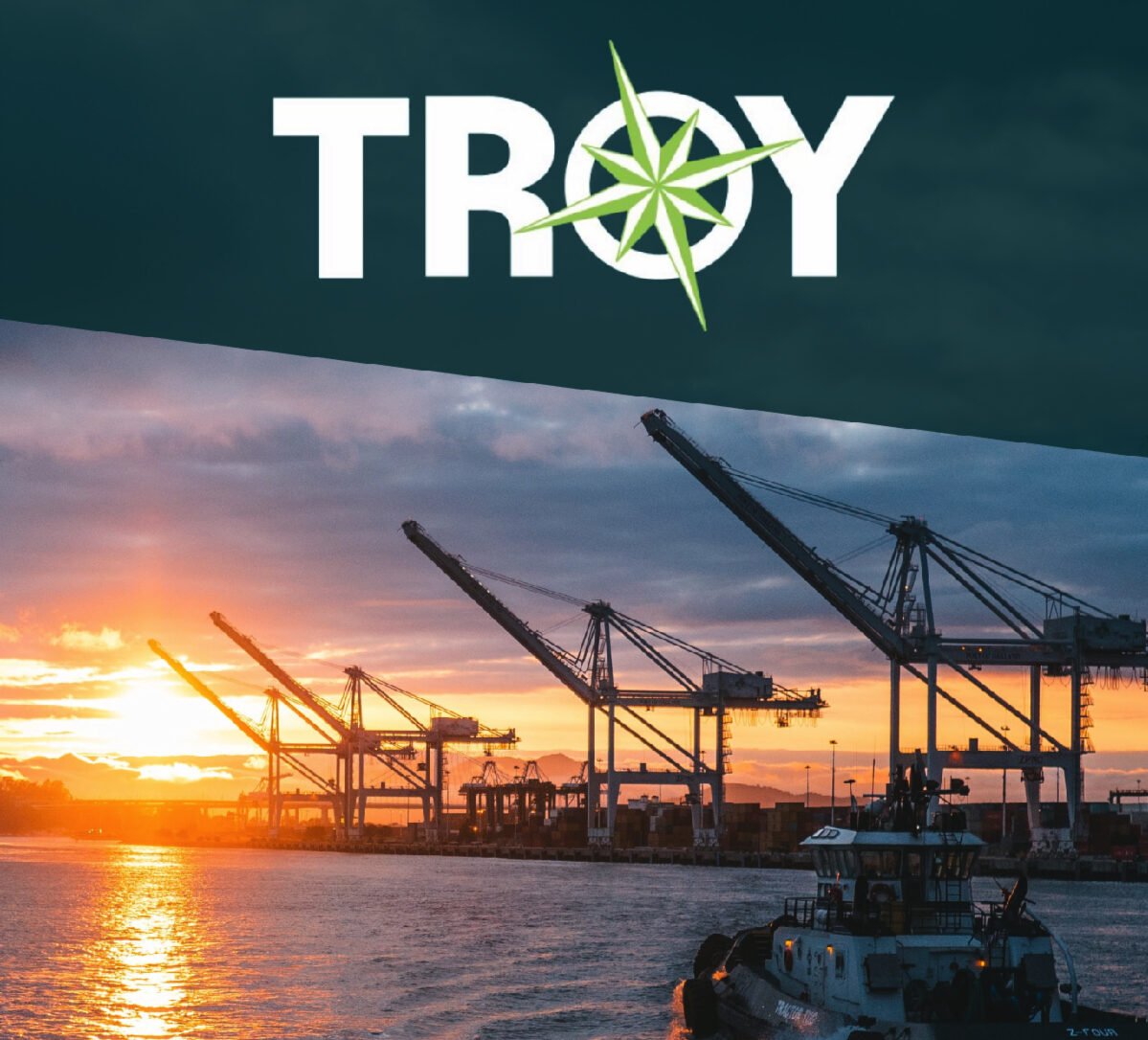HAZMAT ADVISORY
Due to an increase in reported hazmat Maritime incidents, valtamerialusten ankarat sakot vaihtelevat $15,000 to $35,000 per container have been placed into effect. Carriers hold all parties involved in the transaction liable and responsible for all costs and consequences related to violations, fines, damages, incidents, claims, and corrective measures resulting from cases of undeclared or misdeclared cargo.
• Misdeclared freight is an item of dangerous goods that are declared incorrectly, including UN number / Proper Shipping Name / Class / Flashpoint-(where applicable) / Packing Group and/or WEIGHTS OF THE DG PRODUCT.
• Undeclared freight is a hazardous item that is not declared on the shippers documents prior to loading.
The ultimate responsibility for properly packaging, declaring, and documenting hazardous cargoes for transport is with the shipper, supplier, or owner of the goods. Freight Forwarders and cargo agents, packers, and others involved in the transport chain must undergo initial and recurrent training to ensure that their consignments are in compliance which includes the review of transport documentation associated with DG shipments.
Failure to properly declare hazardous materials prior to shipping is a violation of the Hazardous Material Regulations (HMR). These violations may be subject to monetary fines and/or criminal prosecution under applicable law.
The Dangerous Goods information associated with this violation are:
UN number / {PSN} Proper Shipping Name / CLASS / Flashpoint-(where applicable) / {PG} Packing Group and/or WEIGHTS OF THE DG PRODUCT. If discrepancies are found between the documentation that is submitted to Troy Container Line (BLI, SLI, Commercial Invoice or Packing List, IMO and MSDS) the shipment may be subject to the steamship lines tariffed “hazardous misdeclaration fine”.
The IMDG CODE is mandatory in conjunction with the obligations of the members of United Nations Government under the International Convention for the Safety of Life at Sea (SOLAS) and the International Convention for the Prevention of Pollution from Ships (MARPOL).
The code contains advice on terminology, packaging, labeling, placarding, markings, stowage, segregation, handling, and emergency response in relation to carrying dangerous goods by sea.
It is the responsibility of the forwarder, supplier, NVOCC and carrier to properly declare dangerous goods to protect lives, safety, property, and the environment.
Thank you for your continued support.
